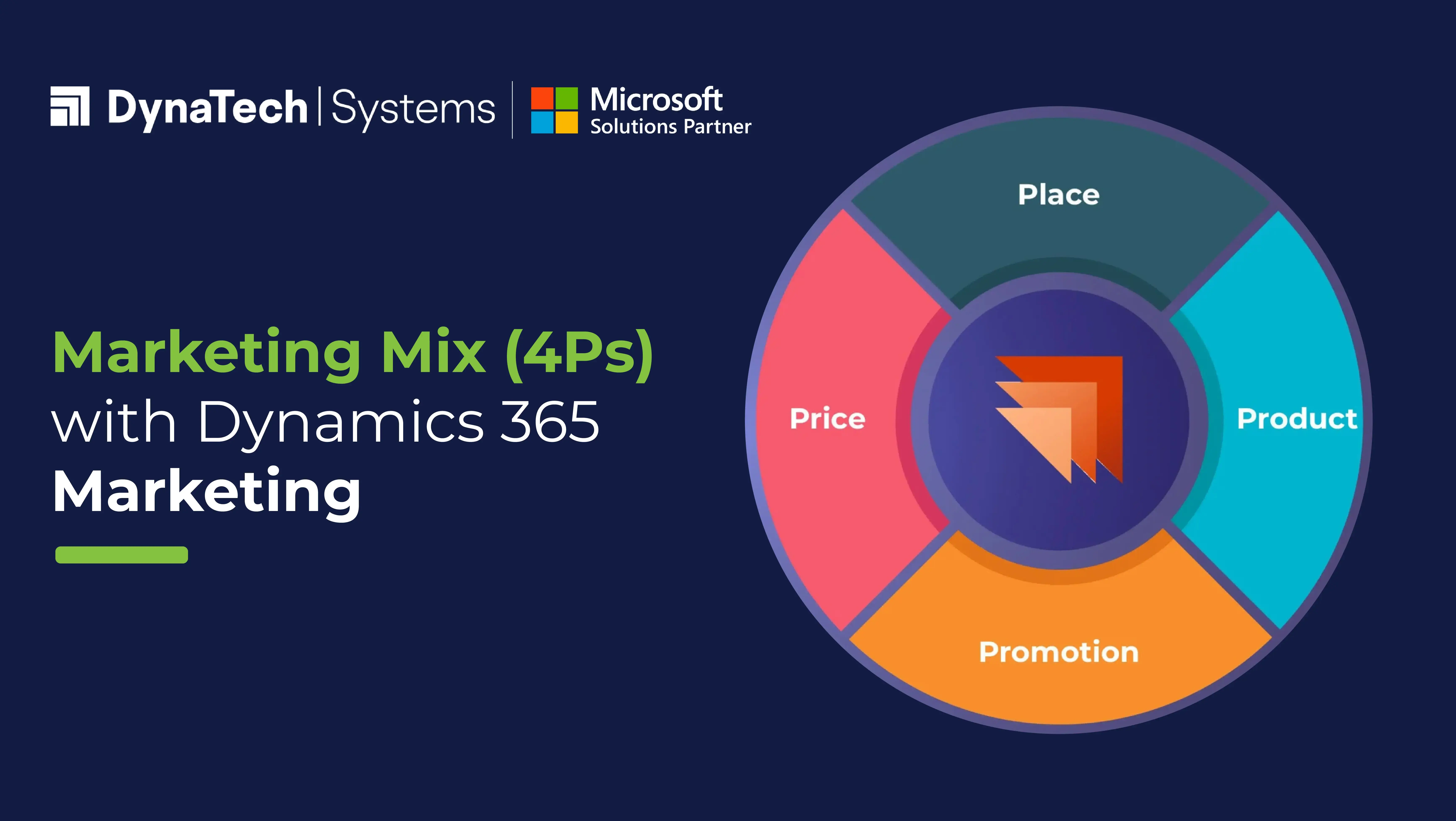Customer expectations rise as technology progresses. It no longer matters if you are a consumer or a buyer since the borders between client expectations have dissolved, and, at the end of the day, the business-to-business (B2B) buyer is also a consumer. Customers want to connect on their own terms and want businesses to give even better experiences, thus hyper-personalized, self-driven, seamless contact across any channel at any time is no longer a nice-to-have but a must-have. Simultaneously, compounded by a volatile economy, firms must cut cost and complexity in order to innovate rapidly and remain resilient in order to fulfill current consumer expectations and create new methods to engage them.
Understanding the niche market
Smaller Marketers that are both the planner and the coordinator/implementor may be required to wear many hats in marketing teams. They may frequently need to contact the sales team to determine which of their clients or consumers should be grouped together in a section for campaign message, whether by email, social media, or both. They may then be required to oversee the marketing budget for that federal year, report on product and brand success, and predict for the next year.
Larger companies typically have Marketing Departments with teams specialized in certain parts of marketing, such as Events Teams, Brand and Communications Teams, Digital Analysts Teams, and so on. Each team has its own set of primary goals and marketing activities, but they are all working toward the same goals, which often revolve around the four Ps: Product, Price, Place, and Promotion.
Advent of Dynamics 365 Marketing
Dynamics 365 for Marketing is a marketing app that is part of the Microsoft Dynamics 365 package. It’s the optimal choice for your marketing team to create and deploy out-of-the-box campaigns across multiple media channels. With the vast variety of tools offered, you can follow prospective leads, arrange events, and monitor activities and performance at any time.
It communicates data with the other apps in the Microsoft Dynamics 365 suite, enabling the sales and marketing teams to collaborate more effectively and efficiently. As a result, you’ll be able to more effectively target potential leads using your digital marketing plan.
Learn the 4Ps of MS Dynamics 365 for Marketing
1) The First P of Marketing: Product
Commodities and services that solve issues and meet the requirements of the customer are known as products. A product might be either material, like a car or apparel, or intangible, like a vacation or home cleaning service. An efficacious product either stops up a vacuum in the market or delivers a one-of-a-kind experience that upsurges demand.
The program gives a comprehensive view of the client, including insights into their consumer behavior such as website visits, email openings, subscription choices, and any comments provided by the Sales team. This gives the Marketing Team a greater knowledge of each Contact’s behavior and which modes of contact are most likely to result in a product purchase.
Furthermore, Microsoft D365 Marketing integrates nicely with Customer Analytics, allowing the marketing team to improve the customer experience through cross-channel insights. Machine learning templates that are pre-programmed estimate transactional churn and give upsell/cross-sell and next-best-action recommendations.
2) The Second P of Marketing: Price
The product comes first, followed by a judgment of its worth among target audiences. Pricing planning is both an art and a science, requiring both market data and precise calculations, as well as carefully balancing pricing that is too high or too inexpensive, and distinguishing how slanting either way may cause detriment to the brand.
As soon as a consumer sees the price, they create an opinion about a product’s quality and importance. A price that is lower than the perceived value can result in both a loss of possible additional income and a target audience that assesses the brand’s quality. If the price is raised subsequently, current consumers may feel unfairly burdened.
For new products in the pipeline, the Marketing Team can create surveys using Dynamics 365 Customer Voice and connect them directly from D365 Marketing components such as the segment builder, email designer, and customer journey design to conduct buyer research to gain insights about the product’s perception among the targeted audience to make sure that price is marketed precisely.
3) The Third P of Marketing: Place
With the upsurge of the Internet era, new hurdles are generated while contacting your clients. Place relates to giving clients access to the goods as well as accessibility for the customer. Marketing, either done digitally or otherwise, is about assigning the precise product to the correct consumer at the exact time, at the right price.
Knowing what the consumer wants to buy is one thing, but simply delivering more information about a product or service and conveying this to that buyer through the appropriate channel might be more difficult. The addition of real-time marketing enables A/B testing of email messages against SMS/Push alerts, with SMS third-party providers being relatively quick and straightforward to integrate into the application. Marketers may be confident that their messages are being delivered in the most statistically significant way possible.
4) The Fourth P of Marketing: Promotion
Promotion generally relates to marketing communications. These communications take the shape of public relations, advertising, email marketing, direct marketing, sales promotions or social media marketing; think of it as any method by which marketers convey essential product information to their targeted consumers.
Dynamics 365 Marketing offers a variety of tools for managing promotions. There is a separate part for administering and coordinating events, from invitations to membership to sponsorship connections to controlling the event’s rooms, facility, and schedule. Furthermore, they may see the whole Marketing Calendar Year to verify there are no inadvertent overlaps throughout the year.
Dynamics Email Builders enables the personalization of email communication to show or hide various information based on certain contact data points in both outbound and real-time marketing. With the use of customization and variation sections, Real-time Marketing has proven this to be a low-code solution.
Enterprises that can leverage Dynamics 365 for marketing
Dynamics 365 for Marketing is an advanced and complicated tool with several functionalities and a thorough customer tracking system. In a nutshell, it is best suited for mid-sized enterprises who are willing to invest more time and money in marketing.
If you are a small firm that has not yet utilized the fundamental features of Dynamics 365, this package may be too complex for you, and you ought to instead consider entry-level cloud marketing solutions.
The software is appropriate for both B2B and B2C marketing; nevertheless, B2B marketing can benefit the most from it.
Final Thoughts
Dynamics 365 for Marketing is the greatest solution for B2B marketing and mid-sized businesses when combined with Power BI and other capabilities from the Microsoft Dynamics 365 portfolio. Dynamics 365 for Marketing not only helps you have a continuous relationship with your prospects, but it also helps you acquire their loyalty. These are just a handful of the many tools available in Microsoft Dynamics 365 to help your Marketing staff be more productive. Contact Dynamic 365 professionals at DynaTech Systems to learn more about how it may help your organization generate more leads! You can reach us at sales@dynatechconsultancy.com




























